World War 4
Nine Scenarios
Captain Douglas Alan Cohn, USA (Ret.)
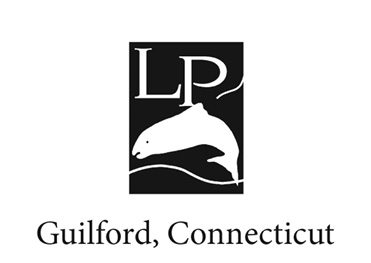

An imprint of Rowman & Littlefield
Distributed by NATIONAL BOOK NETWORK
Copyright 2016 Captain Douglas Alan Cohn, USA (Ret.)
All rights reserved. No part of this book may be reproduced in any form or by any electronic or mechanical means, including information storage and retrieval systems, without written permission from the publisher, except by a reviewer who may quote passages in a review.
British Library Cataloguing in Publication Information available
Library of Congress Cataloging-in-Publication Data
Names: Cohn, Douglas, author.
Title: World War 4 / Douglas Alan Cohn.
Description: Guilford, Connecticut : Lyons Press, [2016] | Includes bibliographical references and index.
Identifiers: LCCN 2016007521 (print) | LCCN 2016007794 (ebook) | ISBN 9781493018772 (hardcover) | ISBN 9781493023738 (e-book)
Subjects: LCSH: WarForecasting. | Twenty-first centuryForecasts.
Classification: LCC U21.2 .C63 2016 (print) | LCC U21.2 (ebook) | DDC 355.0201/12dc23
LC record available at http://lccn.loc.gov/2016007521
 The paper used in this publication meets the minimum requirements of American National Standard for Information SciencesPermanence of Paper for Printed Library Materials, ANSI/NISO Z39.48-1992.
The paper used in this publication meets the minimum requirements of American National Standard for Information SciencesPermanence of Paper for Printed Library Materials, ANSI/NISO Z39.48-1992.
Contents
War planners must envision the unexpected and plan for the improbable.
It began between allies, not enemies, in seemingly unconnected events.
Much of the expansionist work of both communist and tsarist Russia disappeared with the demise of the Soviet Union. That Russians and their leaders would seek to reverse this situation should not come as a surprise, and in many respects the parallel with early American history is not lost on them.
No nation has risen as far as fast as early twenty-first-century China, an accomplishment it achieved by embracing capitalism in an authoritarian command-control economy, supplanting, in the process, communism with a form of fascism that far outpaced its predecessor example: Germany in the 1930s.
Chinese fascism will become a victim of rising expectations and diminishing realities.
Another resource rush is on, and as five hundred years ago, a treaty was signed to allocate sovereignty. And as then, it will be ignored.
More than 50 countries on five continents might soon be caught up in water disputes unless they move quickly to establish agreements on how to share reservoirs, rivers, and underground water aquifers. Global Policy Forum
As the small islands of the Pacific were looked upon as unsinkable aircraft carriers during World War II, so the moon will come to be viewed as a permanent low-gravity satellite.
As the Taliban, al Qaeda, and ISIS terrorists inch closer in connection and proximity to sympathetic extremists in Pakistan, that nations nuclear arsenal is increasingly likely to fall into their hands.
With globalization, the worlds economies are becoming more susceptible to disruption from government-sanctioned predatory trade practices, cyber-based industrial espionage, currency manipulation, and other financially provocative actions.
The sensitive and controversial nature of four fateful days in August 1945 has long fanned misconceptions and myths.
Human folly is the great imponderable. Yet, does folly upset the calm or is the storm the natural state in the sea of humanity? Either way, folly or nature ensures a future filled with conflict.
Notes on the Text
1. British spellings are not altered.
2. Quotes retain original spelling and grammar; sources are in the endnotes.
Foreword
We cannot predict the future, but we must anticipate it. This is what political and military leaders, ably supported by the expertise of war planners, regularly do. This is what I did as the commanding general of the US Army Intelligence and Security Command and as the director of the Defense Intelligence Agency. And this is what Captain Douglas Cohn has masterfully accomplished with his multiscenario analysis of potential threats and consequences.
The meticulous weaving together of history, politics, geography, and military knowledge takes the reader through logical progressions of the possible. It is a push-pull endeavor. Initiated and devised by the writer, events are allowed to take on their own realities, drawing each conflict to a plausible conclusion.
Yet, hope prevails. During his out-of-office Wilderness Years, Winston Churchill warned of the threats posed by fascism in the 1930s, and his dire concerns proved to be devastatingly prescient. However, had his ominous blueprints of the coming conflagration been believed, all might have been prevented.
We defend the nation by divining the future. This is a multidiscipline endeavor, and it is rare to see them encompassed in one work as they are here. Threats are exposed and outcomes are described, but implicit in each is the knowledge that anticipatory scenarios contain within them the seeds of countermeasure solutions.
Lt. Gen. Harry E. Soyster, USA (Ret.)
Former Director of the Defense Intelligence Agency
Introduction
If in 1921 a prognosticator had predicted Japan would within two decades attack the US Pacific Fleet at Pearl Harbor and a racist Austrian corporal would rise to become Germanys chancellor, shunting aside President Paul von Hindenburg, the countrys renowned World War I field marshal, and thereafter commence a suicidal war and religious holocaust, who would have believed such scenarios possible?
Indeed, many conflicts in human history defied prediction by more than a few years. At what point were the American and French Revolutions considered possible, let alone probable? When were the Cold War (World War III), the Korean and Vietnam Wars anticipated if at all? Were Iraq and Afghanistan even considered spheres of sufficient national interest to commit American armed forces years before they first consumed American blood and treasure?
For these reasons war planners envision the unexpected and plan for the improbable. The political and religious institutions of mankind are not static and often not even cumulative because learned lessons tend to diminish in direct relationship to the number of generations that pass, there being no foolproof safeguards to protect people from the follies of their ignorance.
Because big events often spring from small or obscure occurrences and at other times from barely noticeable glacial evolutions, each scenario here should be viewed in these contexts and accordingly judged upon their logicalor illogical in the case of irrational enemiesprogression of possibilities flowing not only from initial premises, but in particular from the overriding premise of this book: mutually assured survival (MAS), a concept running counter to the prevailing thoughts and theories notably advanced in 1921 by Italian Gen. Giulio Douhet in The Command of the Air :
No longer can areas exist in which life can be lived in safety.... On the contrary, the battlefield will be limited only by the boundaries of the nations at war, and all of their citizens will become combatants, since all of them will be exposed to the aerial offensives of the enemy. There will be no distinction any longer between soldiers and civilians.
World War I and World War II shook and shaped the first half of the twentieth century, but in the span of four midsummer days, atomic bombs reconfigured the future, deterring major conflagrations while simultaneously making the world safe for limited wars, regional and worldwide. Chapter III, Historical Perspective: The Atomic BombWeapon of War, Deterrent of War, or Limiter of War provides a review and analysis of the debates leading up to those world-changing nuclear attacks of August 6 and 9, 1945, events that would impact leadership decision making around the globe ever after. Those discussions, rooted in Douhets concept of strategic bombing, were taken up by many of World War IIs air-arm generals, and the concept remains a euphemism for the bombing of cities to destroy militarily important industries while undermining civilian morale. It was the failure of this theory that made succeeding limited war scenarios possible.
Next page
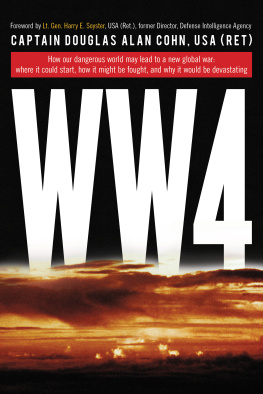
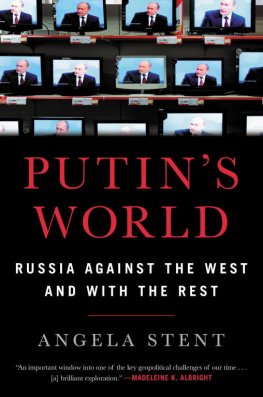
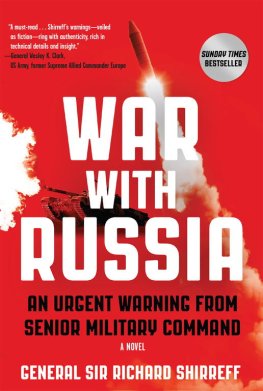

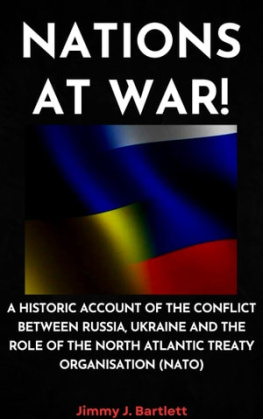
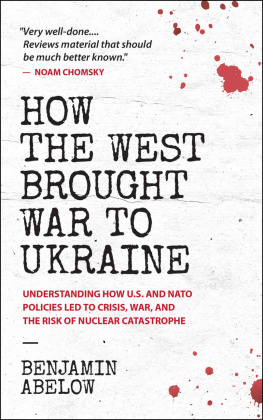
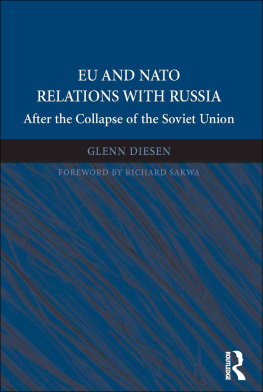

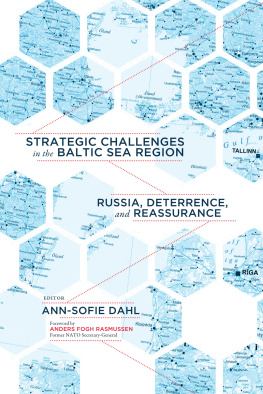
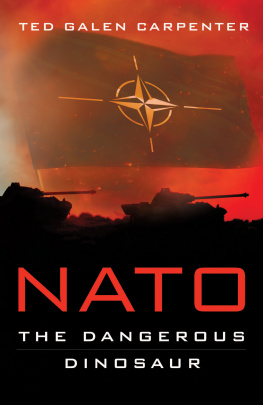
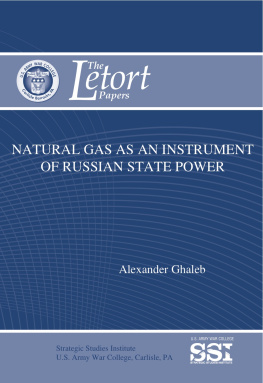


 The paper used in this publication meets the minimum requirements of American National Standard for Information SciencesPermanence of Paper for Printed Library Materials, ANSI/NISO Z39.48-1992.
The paper used in this publication meets the minimum requirements of American National Standard for Information SciencesPermanence of Paper for Printed Library Materials, ANSI/NISO Z39.48-1992.